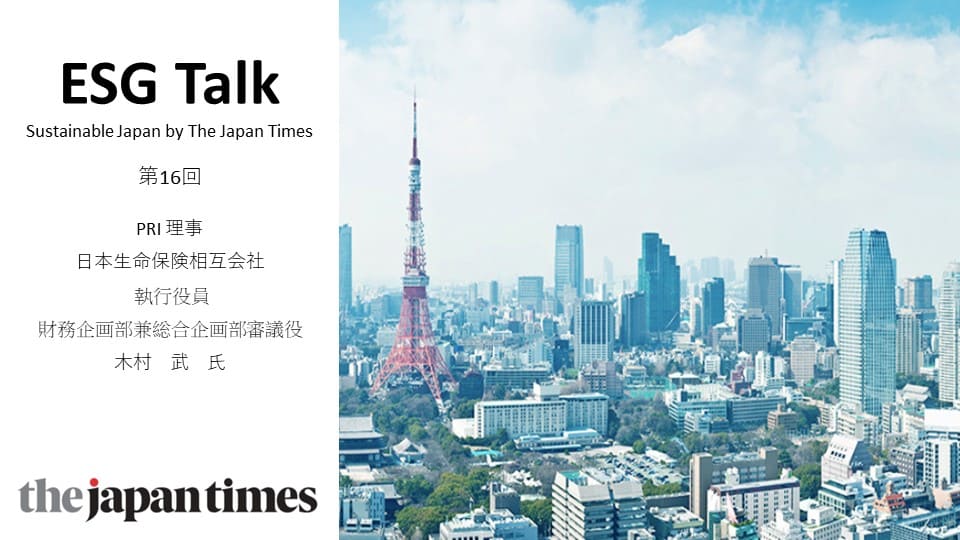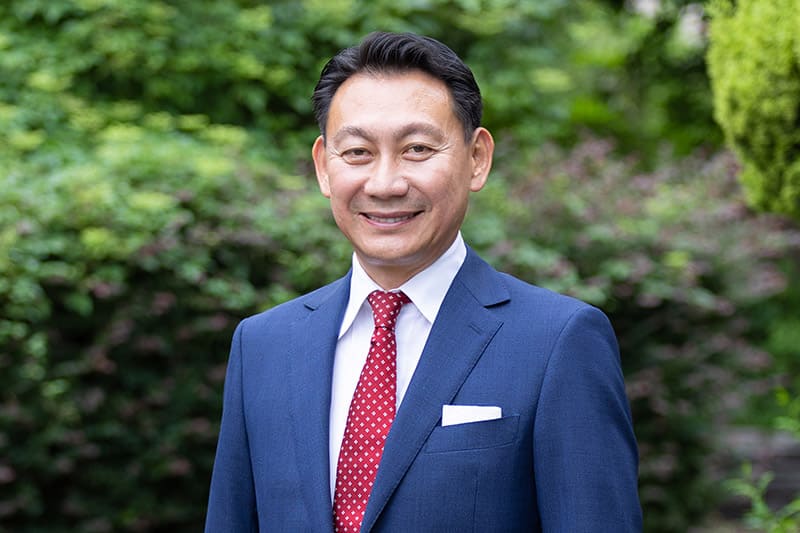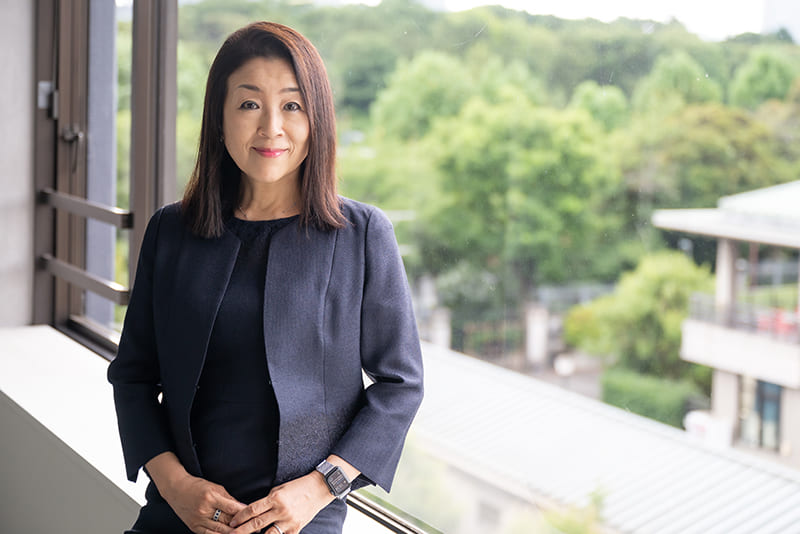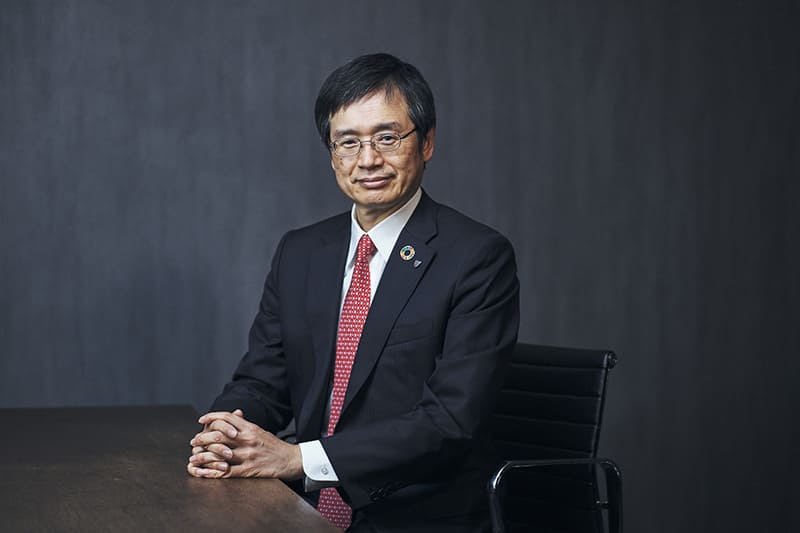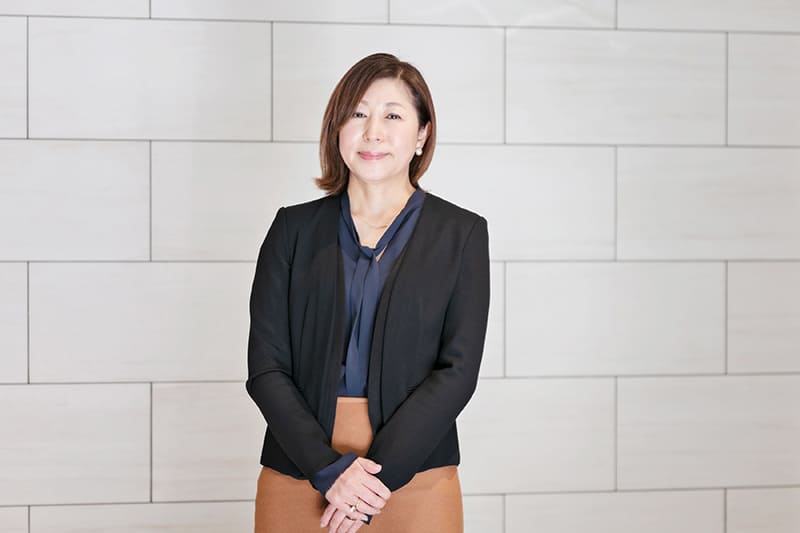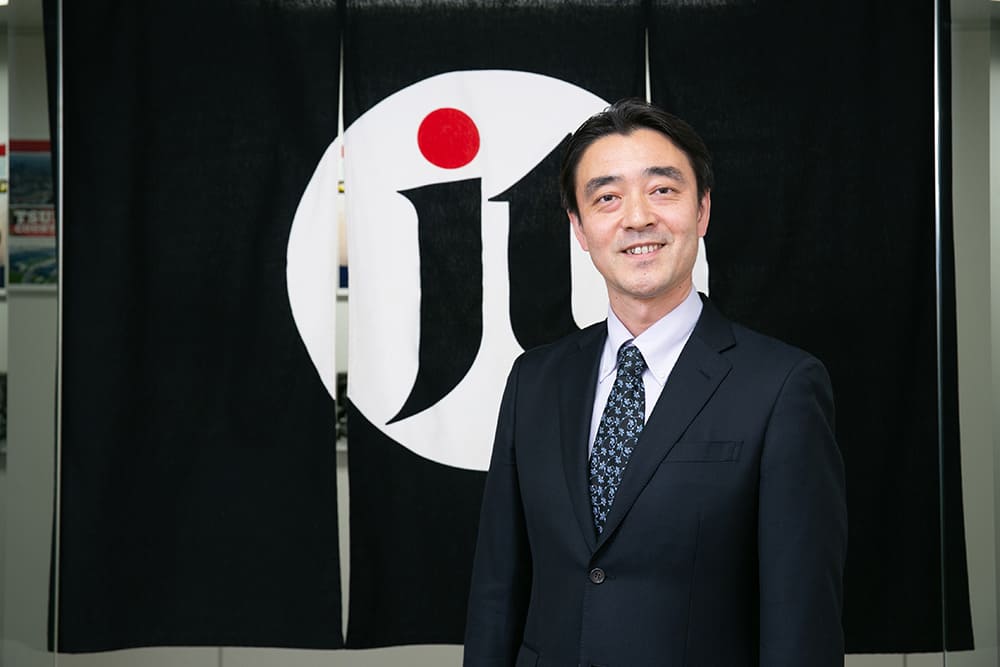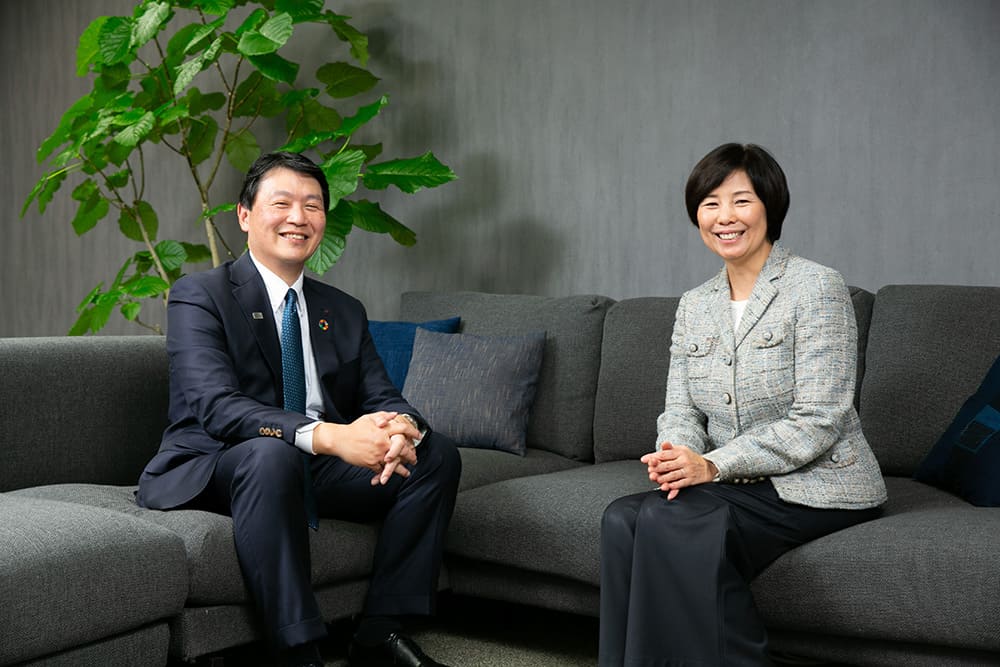April 15, 2022
Nippon Life exec urges shift to stakeholder capitalism
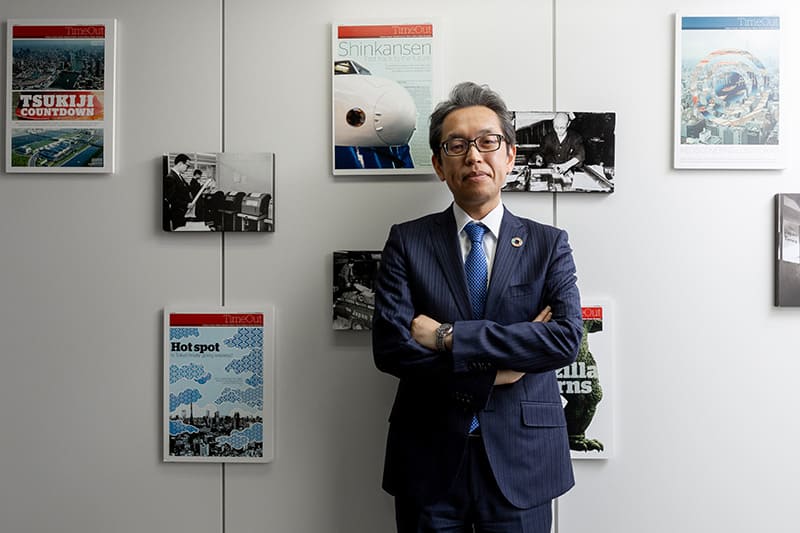
Efforts to promote ESG (environmental, social and governance) investing, which were led by Europe, have been rapidly spreading across the globe. In Japan, many companies are committed to efforts to make our society sustainable, led by major corporations. One of the issues in the country is to encourage companies’ pension funds to make investments from the ESG perspective.
“If we can find an ingenious way to activate the corporate pension fund system, we will be able to drive a paradigm shift to stakeholder capitalism,” said Takeshi Kimura, who became the first person from an insurer to be appointed director of the board of the United Nations-supported Principles for Responsible Investment in July 2021. “It is important to focus efforts of all parties involved on creating a structure for that. There is large room for improvement in Japan.”
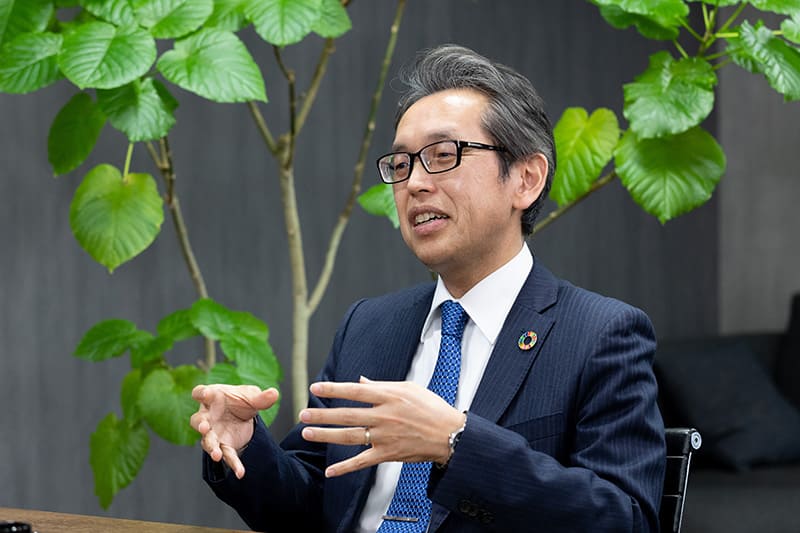
The PRI was established in 2006 to promote ESG investing around the world. “Since 2018, the number of signatories to the PRI has increased by about 25% annually. Institutional investors have strong awareness about ESG,” said Kimura, a former director-general of the Bank of Japan’s payment and settlement systems department who currently serves as an executive officer of Nippon Life Insurance Co. However, ESG investments represented just 24% of the total outstanding assets under management in Japan in 2020, well below the worldwide figure of 35.9%.
Japan “is behind Europe and the United States in terms of how broad-based” the awareness of ESG investing is, according to Kimura. Japanese entities currently total about 100 among the 5,000 signatories to the PRI, far behind the 1,000 for the U.S. and 800 for the U.K. and Ireland combined.
A key factor for the lackluster presence of Japanese entities is a notable absence of the country’s corporate pension funds, only three of which are among the PRI signatories. “The trend in recent years is that efforts to address ESG issues lead to improved corporate value and investment returns over the long term,” Kimura said. “Given that, the scarcity of ESG investors in Japan is a serious problem that can impact the competitiveness of Japan’s economy and financial market.”
PRI signatories form advisory committees and working groups on different themes, totaling about 25. In these, the signatories report on their responsible-investment initiatives to each other and discuss them. They publish guidelines, promote best practices and lobby regulatory authorities in different countries to develop an investment environment from a legal perspective. It is difficult for investors in Japan, which has few signatories, to have issues specific to Japan and their views reflected in such guidelines. Views from Europe and the United States, which have more signatories, end up forming best practices. In that sense, there is no denying that Japanese companies have forgone the opportunity to participate in efforts to create international rules, according to Kimura.
“It is important to become involved in the upstream process of formulating global best practices to prevent responsible investment in Japan being isolated from the rest of the world,” Kimura said. “If you participate halfway in the series of movements for ESG investment, you may end up being too late.”
In October 2021, Nippon Life Insurance joined the Net-Zero Asset Owner Alliance, an international initiative of institutional investors committed to making greenhouse gas emissions from asset management portfolios net-zero by 2050. According to Kimura, this brought the number of Japanese life insurers in the alliance up to four; together they represent nearly 20% of the assets under management of all alliance members. NZAOA members, which share common goals, work together to solve global-scale issues by influencing investee companies.
“Now that we have an advantageous position in terms of volume of funds, it has become easier for Japan to disseminate information,” Kimura said. “The next important step is to consider how we should influence views and contribute to the alliance.” Based on his experience of having been involved in the standardization of digital currencies at the BOJ, Kimura believes it is necessary to actively participate in discussions at the International Organization for Standardization and “for businesses, supervisory authorities, the Bank of Japan and other entities to work closely together and focus their resources” to link initiatives in Japan with global standards.
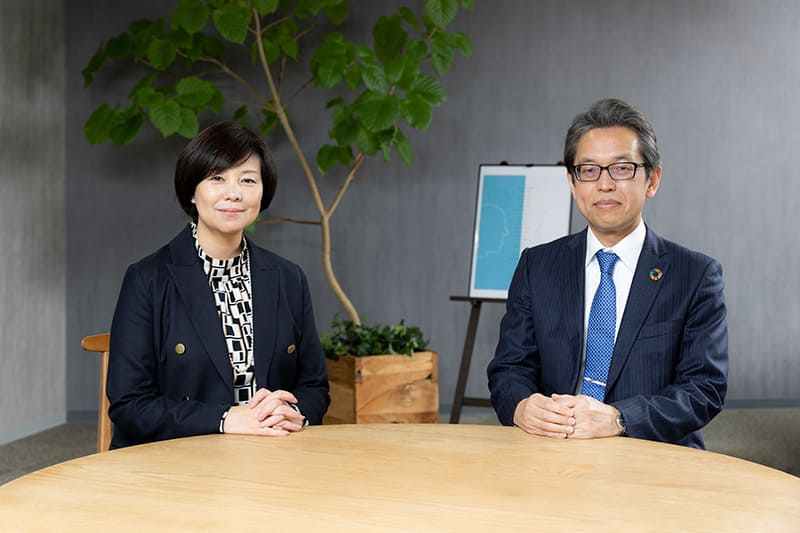
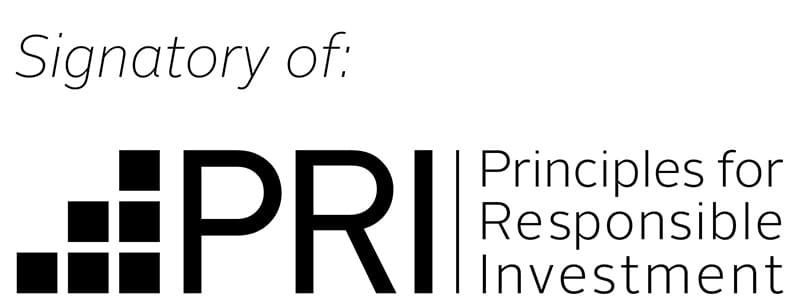
Kimura also thinks large businesses should support their pension funds’ efforts to introduce ESG integration to help expand the breadth of ESG investing in Japan. By presenting investment policies incorporating beneficiaries’ sustainability preferences to asset managers, corporate pension funds can contribute to improving the corporate value of investors through the stewardship activities of asset managers, and thereby accomplish a duty to act in the long-term best interests of their beneficiaries.
According to Kimura, the role of asset owners in the upstream of the investment chain, such as pension funds and insurance companies, is very important. That is because no matter how loudly asset managers in the downstream may call for ESG investing, it would lack substance unless asset owners had policies on ESG investment, and the best interests of beneficiaries, including company employees, would not be ensured.
“In Japan, there has long been a spirit of respecting the benefits of a broad range of stakeholders, including business partners, employees and local communities — not just seeking to maximize shareholder benefits — as represented by the word ‘sanpōyoshi’ (three-way satisfaction),” Kimura said.
“In order to realize the shift to stakeholder capitalism, which is the modern version of sanpōyoshi, it is desirable that businesses ensure their corporate pension funds adopt the ESG perspective in asset management, not just prioritizing SDGs (sustainable development goals) in their main business,” he said.
Pension plans’ participants are not only indirect shareholders of investee companies but also company employees, consumers and local residents at the same time. As such, it is ideal that they should be involved in corporate governance as representatives for stakeholders of businesses. It is important to incorporate their values about sustainability into the investing process of pension funds.
When it comes to ESG, critics have pointed out that there is a large gap between businesses and their pension funds in Japan in the level of commitment to sustainability. But once this weakness is overcome, Kimura believes, Japan can make a significant advance in the shift to stakeholder capitalism.

